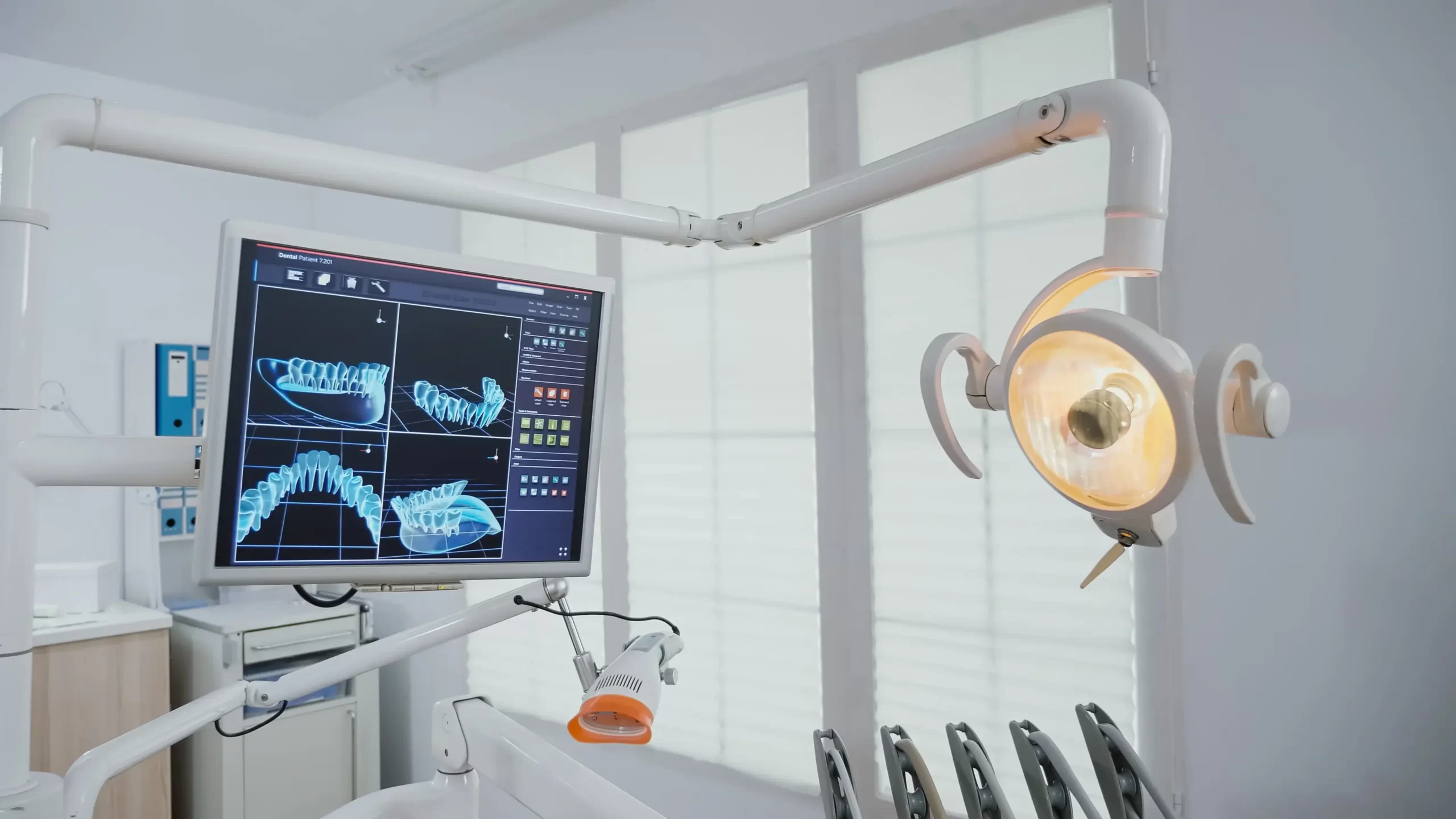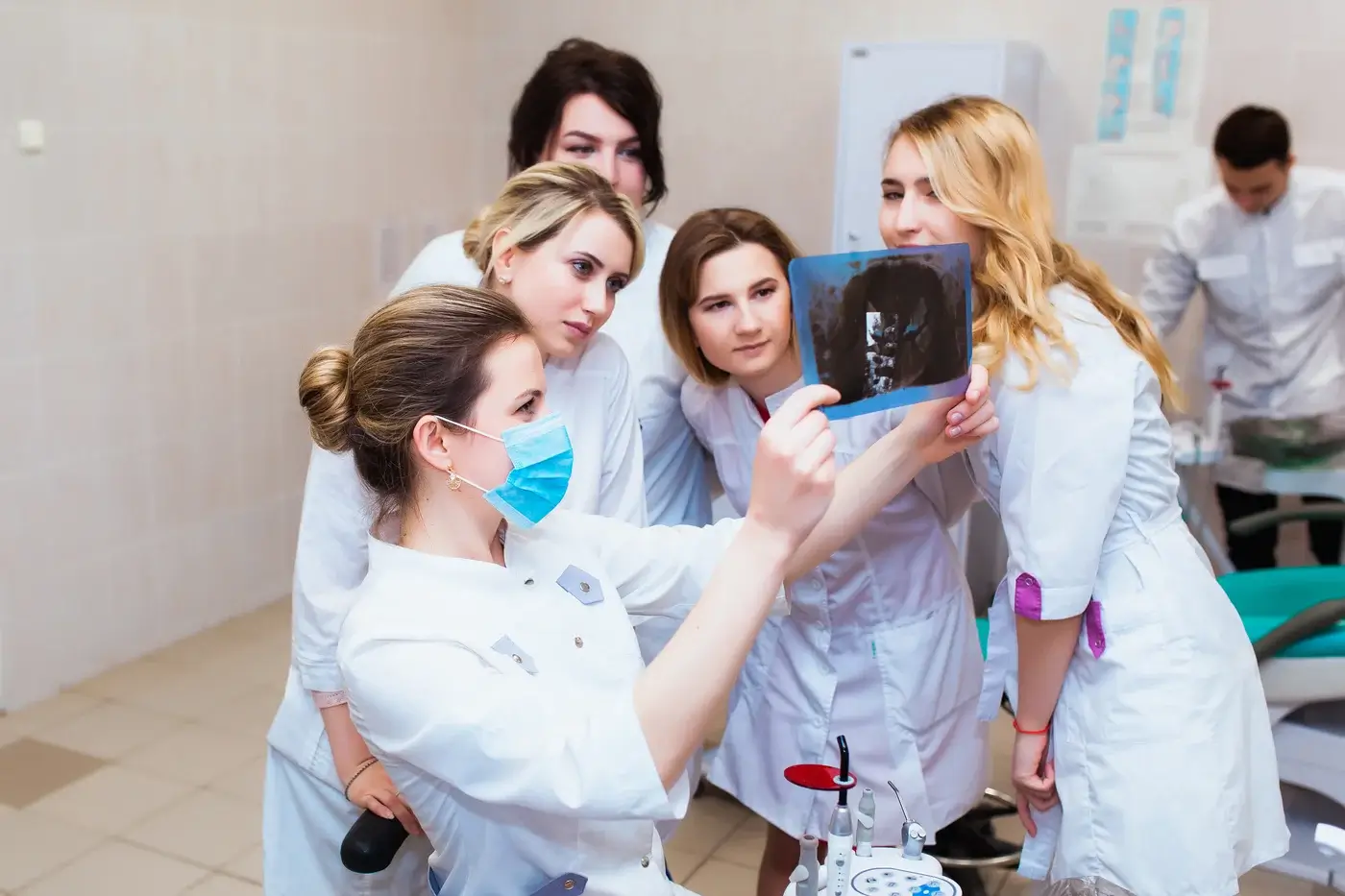Current Problems
The development of professional skills and developing a connection between theoretical and practical knowledge is one of the most significant challenges dentistry schools must address. Dental skills training is a vital component of preclinical education. Without engaging in reflective and discursive activities, it is not feasible to have a meaningful educational experience. Simulation training has thus become a vital component of dentistry education. It has been practiced in dentistry schools worldwide. These simulators enable students to engage with and modify computer-generated artificial three-dimensional multimedia sensory environments in real-time, thereby obtaining clinically applicable knowledge. In terms of instructional material and outcome evaluation, current simulators are insufficient. Because many dental simulators do not offer changing difficulty levels, students cannot advance through the learning process in a step-by-step fashion. In addition, the simulators are incapable of measuring students’ mastery of skills because they only provide teaching in fundamental abilities and lack clinical application. Evaluation of training outcomes cannot be quantified precisely; therefore, students have no notion whether the outcomes of their activities meet the criteria or not.


